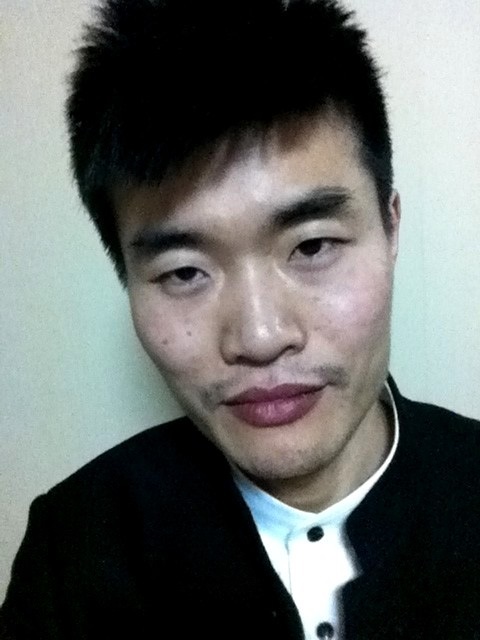Dr. Wei Chen

Internationales Kolleg für Geisteswissenschaftliche Forschung "Schicksal, Freiheit und Prognose. Bewältigungsstrategien in Ostasien und Europa"
- E-Mail: wisechen@263.net
Chinese personal name: 陈伟
Associate Professor
Home Institution: Department of Politics, International Studies School, Renmin University of China
IKGF Visiting Fellow April 2013 - July 2013
(Last change of profile by end of stay)
IKGF Research Project:
Curriculum Vitae
Chen Wei was born in the City of Jingjiang, Jiangsu Province of East China, in 1978. As a student of political theory, he received his BA, MA, and then Ph.D from the Department of Politics, Government School of Peking University. His doctoral thesis was on Hannah Arendtâs conception of the political. In 2005, he started to work in the Department of Politics, International Studies School of Renmin University of China and currently serves as an associate professor there. Prof. Chen is a scholar specializing in both Hannah Arendt and Carl Schmitt. He is the author of Hannah Arendt and the Recovery of the Political (2008) and the chief editor of Main Currents of Contemporary Western Political Thoughts (2013). He is also one of the translators of several books relating to Hannah Arendt and Carl Schmitt. Prof. Chen′s main fields of interest and research are political philosophy, the history of western political thought, especially republicanism, society and politics of the Song Dynasty of China, especially Wang Anshi′s Reform, and the society and politics of early modern China, especially the Taiping Movement.
Selected Publications
Books and Editions
- Chen Wei, Hannah Arendt and the Recovery of the Political, Beijing: Law Press, 2008.
- Main Currents of Contemporary Western Political Thoughts, edited by Chen Wei, Beijing: China Renmin University Press, 2013.
Major Articles
- Politics and Philosophy: exploring Plato′s thoughts of Philosopher-king, Journal of Beijing Administration School, vol.6, 2000.
- Morality and State: two presuppositions of modern market economy: new interpretation of Adam Smith, Journal of Kunming University of Science and Technology, vol.4, 2001.
- Wang Anshi′Reform and State Building in Sung Dynasty of China: from the Viewpoint of Comparative Modernization in the West and the East, Nanjing Social Science,vol.8, 2002.
- City and the Rise of Modern Capitalism: Max Weber on City, Journal of Beijing Administration School, vol.2, 2004.
- Hannah Arendt on totalitarianism, Xue Hai, vol.2, 2004.
- The Conception of Republican Freedom: Quentin Skinner and his studies on history of republican thought, Nanjing Social Science, vol.7, 2004.
- On the Basic Ideas of Classic Republicanism, Journal of Fudan University, vol.5, 2004.
- The Social and Political Characteristics of Traditional China: Interpretating the Opera Tale of Pearl Tower(《珍珠塔》), Democracy and Science, vol.1, 2005.
- On Hannah Arendt′s Conception of the Politcal, Nanjing Social Science, vol.9, 2005.
- Romantic Reaction of Modern Civilization: on the Political Thoughts of Early German Romanticism, Journal of Jiangnan University, vol.4, 2007.
- The Hidden Dialogue between Leo Strauss and Richard Rorty, in Political Thought and Political Culture in the West and China, Beijing: Social Sciences Academic Press, 2009.
- Carl Schmitt′s Discussion on Parliamentarism, Xuehai, vol.2, 2009.
- Carl Schmitt′s Theory of Representation, Nanjing Social Science, vol.7, 2009.
- Carl Schmitt′s thoery of Grossraum, History of Political Thought, vol.1, 2010.
- Carl Schmitt and the New Conception of constitutionalism, in Constitutionalism and Order, New Science of Politcs Review, vol.2, Beijing: Peking University Press, 2011.
- Carl Schmitt′s Critique of Thomas Hobbes, Xuehai, vol.1, 2012.
- Preface for the Chinese translation text of Hannah Arendt′s Crisis of Republic, in Hannah Arendt, Crisis of Republic, Shanghai: Shanghai People′s Publishing House, 2013.


